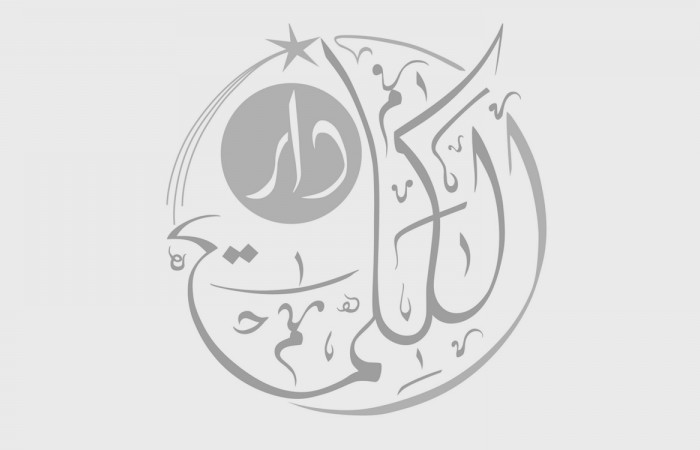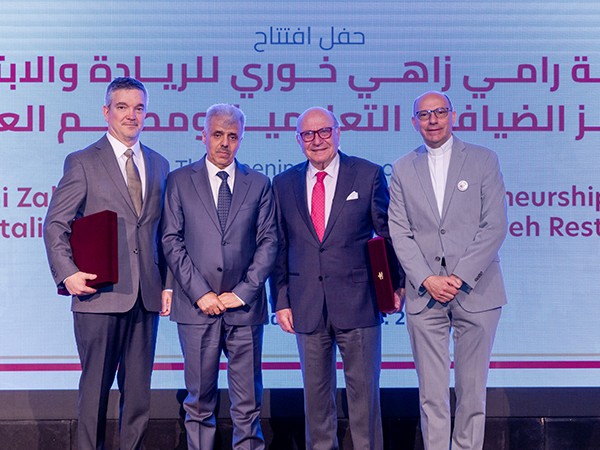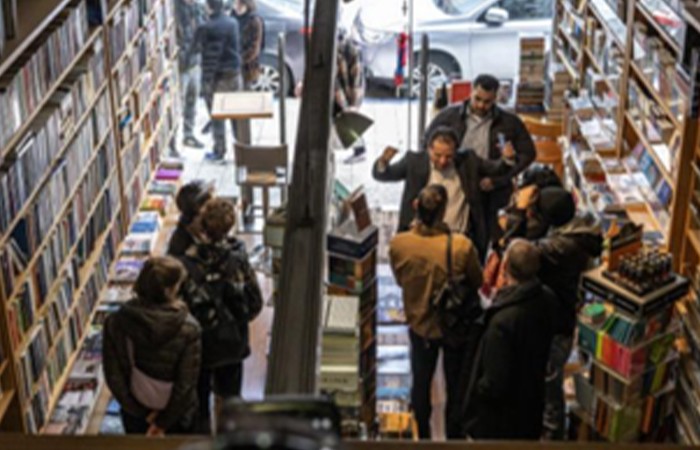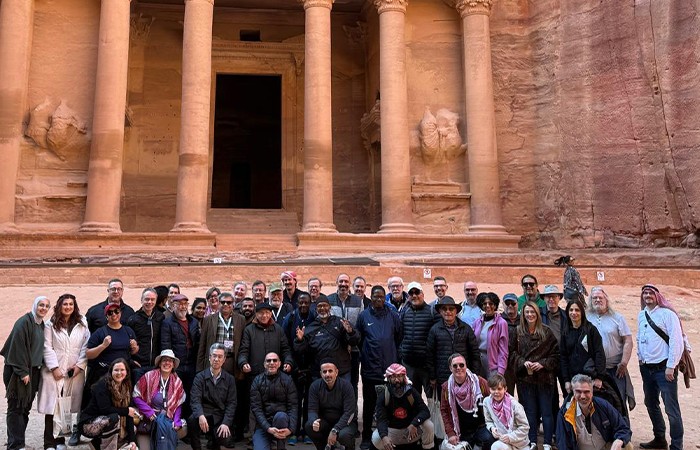Latest News
Four weeks ago, on October 1st, there was an inter-faith gathering on the Mount of Olives. It was morning, and the month was young. The event took place on the grounds of Dominus Flevit church, where a long terrace stands directly opposite the walls of Jerusalem’s Old City. From this spot you are facing, at eye level, the high golden Dome of the Rock, with the clustered rooftops of the town spread out behind. We were a diverse, even motley group of students, scholars, artists, church leaders and political organizers — people of various faiths, as well as agnostics and atheists. The three sermons that morning were equally diverse and made the case, in different ways, for a vision of Jerusalem and Palestine as places of tolerance and diversity.
These were no pat homilies about being good neighbors. A common thread in the sermons was the legacy of empire and the enduring reality of colonization. The American minister Otis Moss III invoked a long and continuing tradition of anti-war activism and progressive church movements in solidarity with anti-colonial struggles. Our Palestinian reverend, the theologian Mitri Raheb, sketched the complex multicultural history of the city and its many different faiths, a history that zealots and demagogues simplify for their convenience. And Muslim Rami Nashashibi, whose family line hails from East Jerusalem, made a spirited case for a “black Jerusalem,” a vision of the city that, in embracing its African and mixed racial heritage, could heal ethnic rivalries and defeat the supremacist imaginary of settler-colonialism. >>Read More
.jpg)







